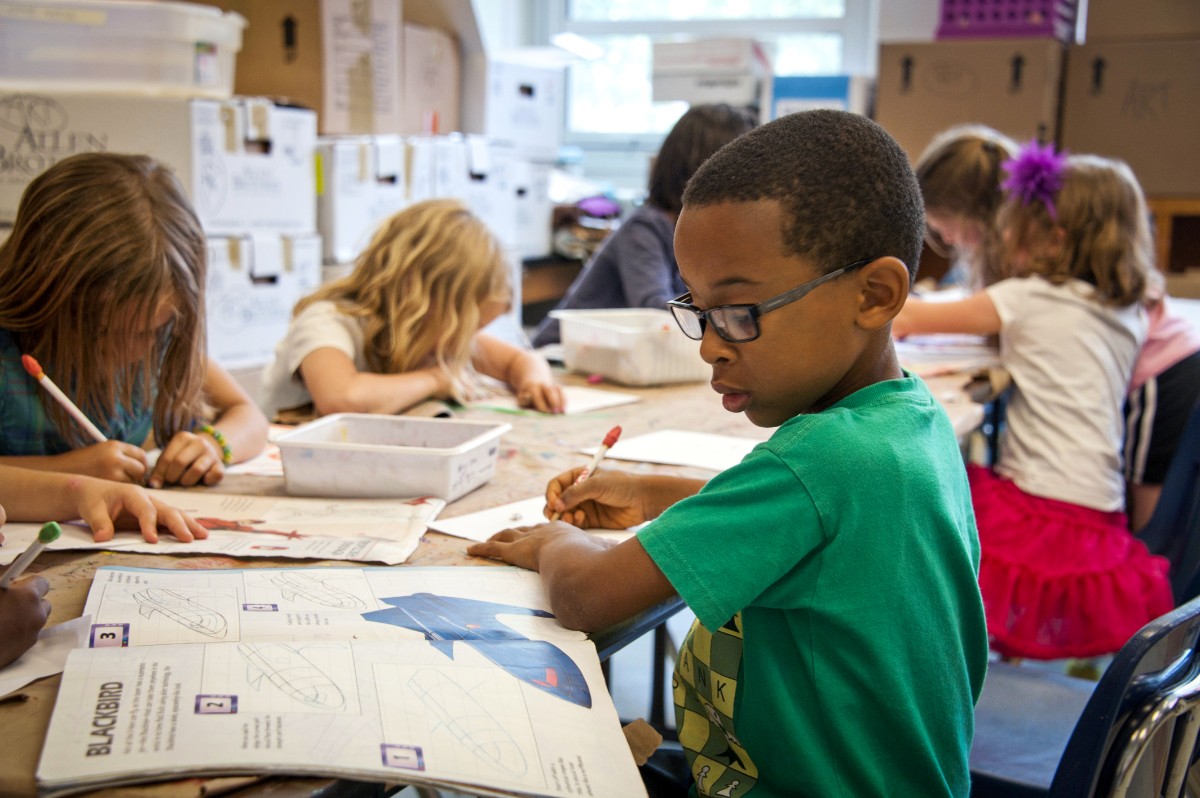The New York City (NYC) Department of Education (DOE) is the largest school system in the nation with a diverse student population. Teachers College (TC) researchers interested in working at an NYC DOE site must first be approved by TC’s Institutional Review Board (IRB) and then approved by NYC DOE IRB prior to participant recruitment.
The NYC DOE IRB is currently processing a high volume of submissions. Each round of review may take 6-8 weeks, not accounting for office closures. All protocols are processed on a rolling basis in the order in which they are received.
"In the interest of minimizing the burden on NYC DOE staff, students and families during this challenging time, the NYC DOE IRB will require all researchers conducting non-essential or non-COVID-19-related research to demonstrate an anticipated tangible direct benefit associated with their study or to otherwise offer a justification for conducting the research during this academic year. Researchers are asked to please provide justification for why their study needs to be conducted this school year. In the justification, please describe how the study will benefit the NYC DOE."
Review this guide for more information about conducting research at the Department of Education.
Researchers interested in conducting human subjects research at the Department of Education sites (virtually or physically), must comply with DOE IRB institutional policies. Researchers should follow the latest updates as provided by DOE IRB.
All DOE IRB email inquiries should be sent to Marianna Azar, Director of the Institutional Review Board at NYC Department of Education MAzar@schools.nyc.gov. All correspondence concerning an IRB protocol must reference a protocol number in both the subject line and body of the email.
For More Information
The DOE IRB shared a set of documents designed to guide researchers. Please note, these files are current as of December 2020. However, DOE IRB may update these documents at their choosing. Please consult DOE IRB's website for updated information.
- NYCDOE IRB Guidance Documents & Other Resources
- NYCDOE IRB Academic Year Research Guidance 2020-2021
- NYCDOE IRB & Data Requests during COVID-19
- DOE FAQs
COVID-19 Trends Among School-Aged Children
Researchers who engage in-person with infants, young children, or school-aged children should be aware of COVID-19 concerns and ways to mitigate risk.
- Children aged <10 years can transmit SARS-CoV-2 in school settings, but less is known about COVID-19 incidence, characteristics, and health outcomes among school-aged children (aged 5–17 years) with COVID-19.
If you engage with youth for research-related activities, you may want to seek sources such as:
- What Do We Know About Children and Coronavirus Transmission?
- COVID-19 Trends Among School-Aged Children
- Ways to Keep Children Healthy During the COVID-19 Pandemic
- Coronavirus in Babies and Kids: Symptoms and Prevention
- Child Cases Of COVID-19 Reported In U.S.The Center for Disease Control and Prevention created printable posters to promote health
Researchers may consider including these documents in participant materials prior to an in-person meeting.
Researchers may also seek out links like CDC's Household Checklist, to broach conversations with research participants if in-home studies are planned.
